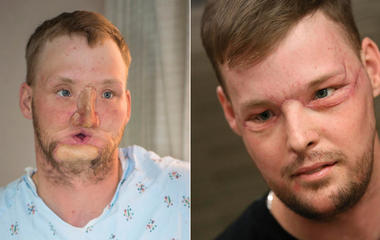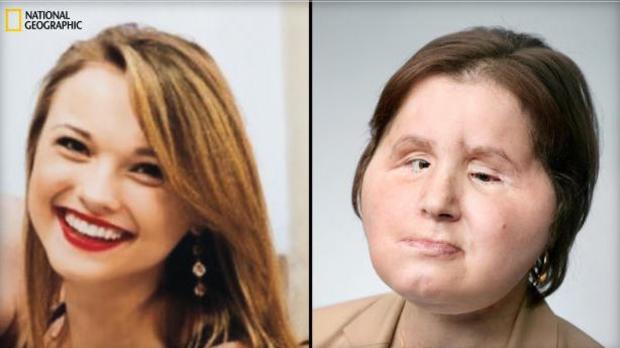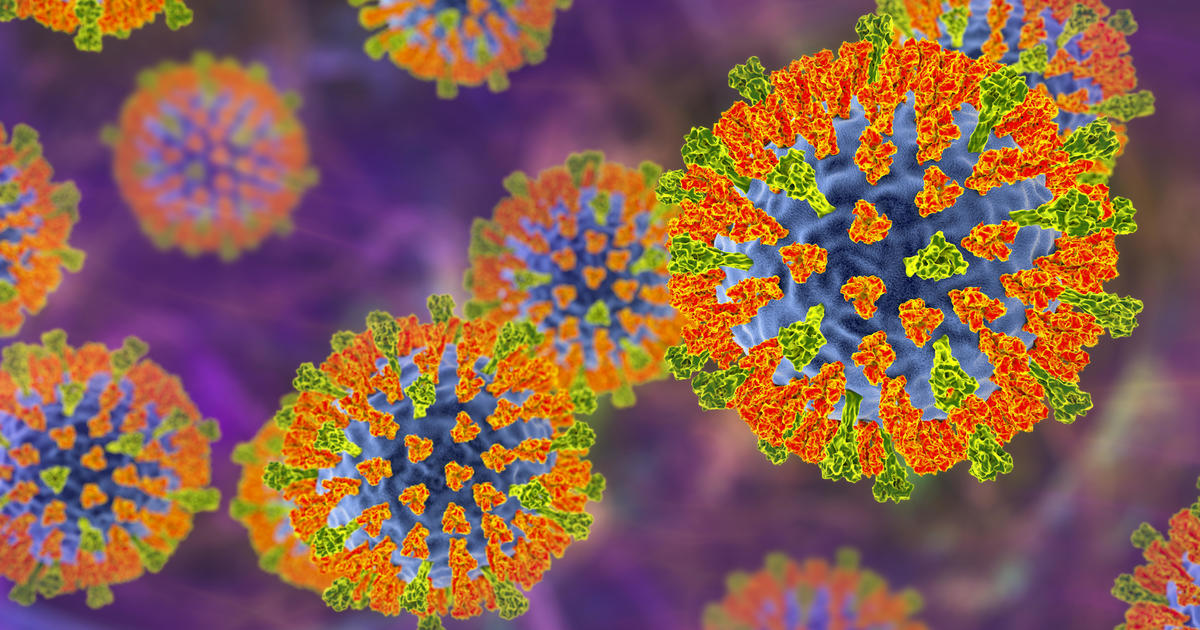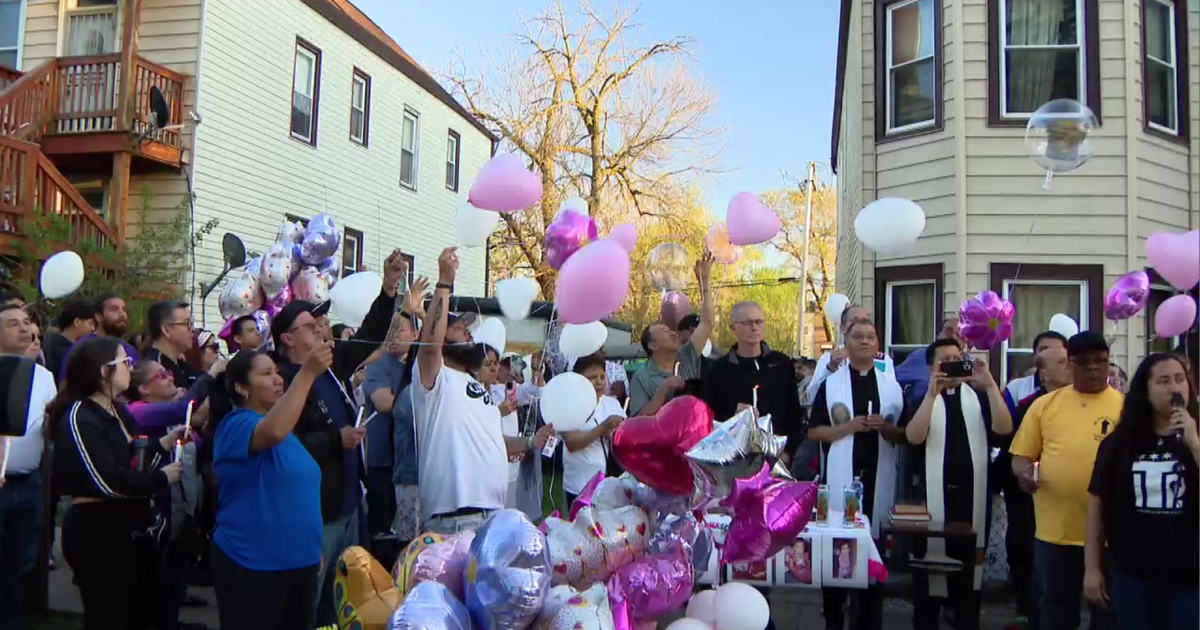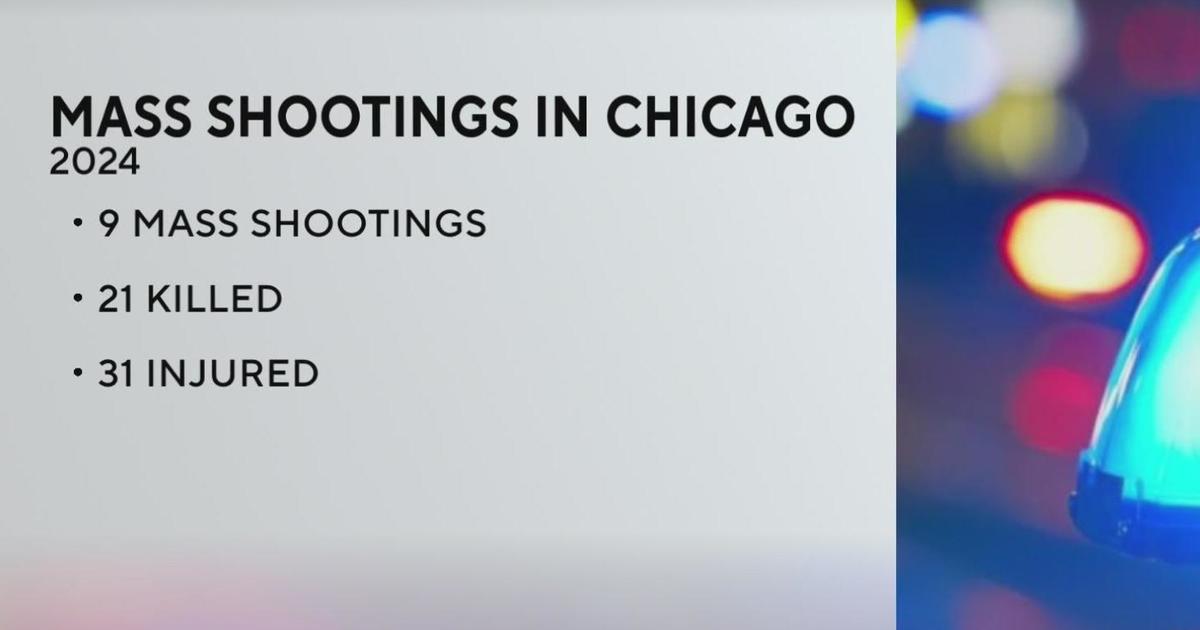(CBS) -- Katie Stubblefield was just 18 when she put the barrel of her brother's .308-caliber hunting rifle below her chin and pulled the trigger. She survived, but the injury resulted in the loss of her face.
As a teen, Stubblefield struggled with health issues, problems in her love life, and major family moves. In 2014, during her senior year of high school, her world upended. After dealing with the effects of her family relocating for the second time in just a couple of years, chronic gastrointestinal troubles led her to have her appendix and gallbladder removed. A few months later, she and her boyfriend broke up.
Hurt and angry, Stubblefield went over to her brother Robert's place, went to the bathroom and used his gun to shoot herself.
The series of events is what set Stubblefield on a path to become the youngest ever recipient of a face transplant at 21. Now, she is featured in the cover story of National Geographic magazine's September issue titled "The Story of a Face," which details what led to the attempted suicide. She is also featured in National Geographic's full-length documentary "Katie's Face."
Five weeks after the incident, Stubblefield was brought to Cleveland Clinic. She lost parts of her forehead, her nose and sinuses, her mouth (except for the corner of her lips), and the bones that make up the jaws and front of the face. Her eyes remained but they were badly damaged.
"It was not great," Brian Gastman, the first clinic doctor to see Stubblefield, told National Geographic. "Her brain was basically exposed, and I mean, we're talking seizures and infections and all kinds of problems. Forget the face transplant; we're talking about just being alive."
Gastman said that in his 27 years of training and practice this was one of the worst face traumas he'd ever seen. Stubblefield also suffered a traumatic brain injury with damage to her frontal lobe, optic nerve, and pituitary gland.
Stubblefield doesn't remember the suicide attempt or any of the surgeries that followed to help mend her face. Her parents had to tell her what happened, and it shocked her.
"I never thought of doing that ever before, and so on hearing about it, I just didn't know how to handle it," she told National Geographic. "I felt so guilty that I had put my family through such pain. I felt horrible."
In 2017, it was decided that Stubblefield would undergo a face transplant. The procedure was Cleveland Clinic's third of its kind and the 40th known in the world.
Full and partial face transplants, still considered experimental surgeries, involve replacing all or parts of a person's face with donated tissue from a deceased donor.
The world's first face transplant was performed in France in 2005. The recipient, Isabelle Diniore died last year at the age of 49, 11 years after the surgery.
The procedure performed on Stubblefield included transplantation of the scalp, the forehead, upper and lower eyelids, eye sockets, nose, upper cheeks, upper jaw and half of lower jaw, upper teeth, lower teeth, partial facial nerves, facial muscles, and skin -- effectively replacing 100 percent of her facial tissue, according to a press release issued by Cleveland Clinic.
"Knowing this patient now has the opportunity to live a functional life because of her face transplant is the greatest reward," Dr. Gastman, said in a statement. "With a new nose, lips, palate, eyelids and jaw, she now has the full opportunity to re-integrate into society and have a future just like any other young adult. This surgery can give her back the self-esteem and confidence she lost."
There is the chance of numerous complications, including that her body will reject the new face and it will have to be removed. Like all other face transplant recipients, Stubblefield will be on anti-rejection medication for the rest of her life.
But she intends to pick up where she left off, she told National Geographic, going to college and perhaps pursuing a career in counseling.
"So many people have helped me; now I want to help other people," she said. She hopes to speak to teenagers about suicide and the value of life.
For immediate help if you are in a crisis, call the toll-free National Suicide Prevention Lifeline at 1-800-273-TALK (8255), which is available 24 hours a day, 7 days a week. All calls are confidential.
